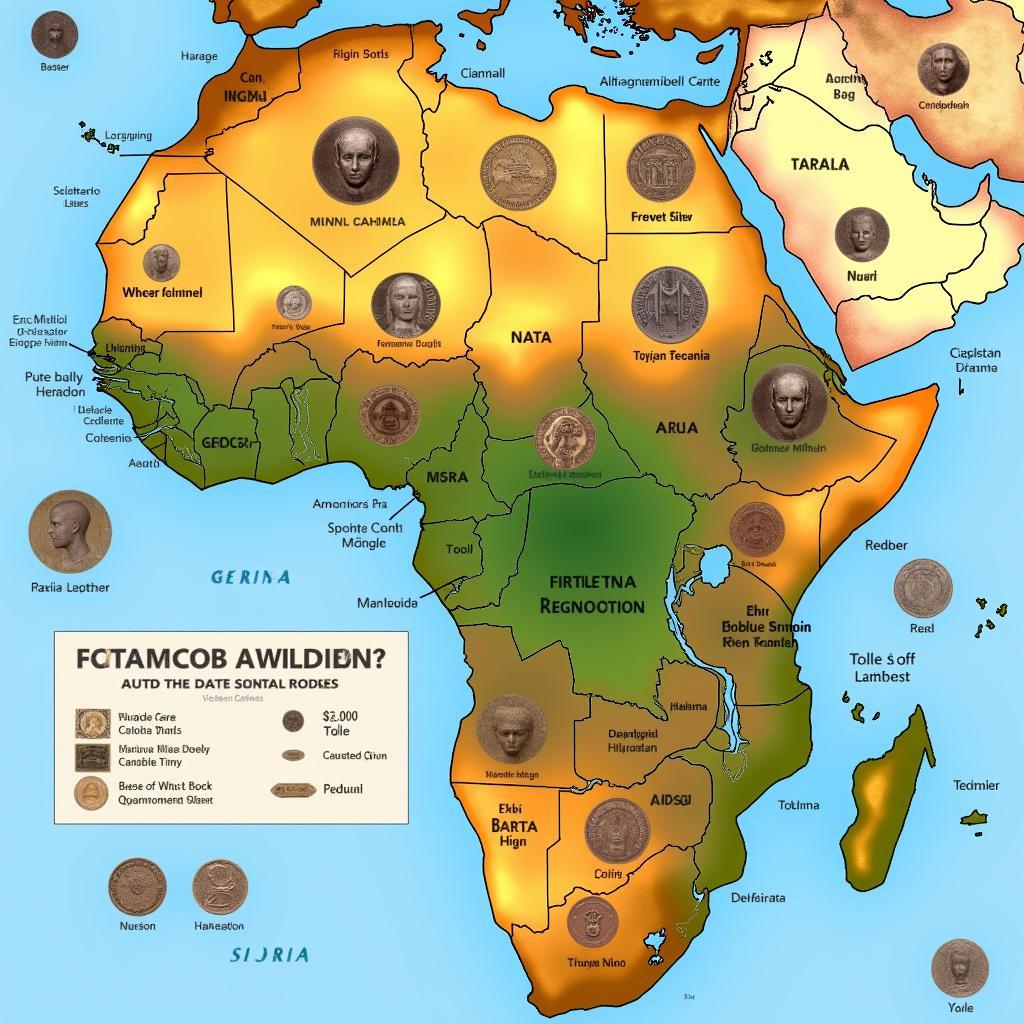Unveiling African American History: A High School Course Guide
Exploring African American history is an essential journey that delves into the rich tapestry of resilience, culture, and struggle that shaped the United States. A high school course on this subject provides a vital platform to understand the unique experiences and contributions of this community, fostering empathy and awareness.
This guide aims to provide insights into what a compelling high school course on African American history might encompass. We’ll explore key themes, curriculum frameworks, and resources, highlighting the significance of this subject for students and educators alike.
Why Teach African American History in High School?
Understanding the Past to Build a Better Future
Dr. Maya Angelou, the celebrated poet and activist, once said, “History, despite its wrenching pain, cannot be unlived, but if faced with courage, need not be lived again.” This quote underscores the importance of learning from the past to prevent repeating its mistakes.
A dedicated high school course on African American history empowers students to:
- Recognize the complexities and nuances of American history: Students gain a deeper understanding of the intertwined narratives of oppression, resistance, and progress that shaped the nation.
- Develop critical thinking skills: Examining primary sources, analyzing historical perspectives, and evaluating arguments fosters critical thinking abilities crucial for navigating the complexities of today’s world.
- Cultivate empathy and understanding: Exploring the lived experiences of African Americans builds empathy and fosters a more inclusive understanding of American society.
- Appreciate the cultural richness and diversity of African American contributions: Students discover the profound artistic, intellectual, and social contributions of African Americans, enriching their cultural awareness.
Key Themes to Explore
From Enslavement to Freedom
This cornerstone of African American history examines the transatlantic slave trade, the horrors of chattel slavery, and the relentless fight for emancipation. Students can study:
- The brutality of the slave system and its impact on the lives of enslaved Africans.
- The rise of abolitionism and the pivotal role of key figures like Frederick Douglass, Harriet Tubman, and Sojourner Truth.
- The significance of the Civil War and the Emancipation Proclamation in paving the way for freedom.
Reconstruction and Its Aftermath
This era marked a period of hope and struggle for African Americans, exploring their quest for equal rights and citizenship in the wake of the Civil War. Students can learn about:
- The establishment of Black communities, institutions, and businesses during Reconstruction.
- The rise of Jim Crow laws and the resurgence of white supremacy in the South.
- The emergence of powerful voices like Booker T. Washington and W.E.B. Du Bois, who debated the best strategies for achieving racial equality.
The Civil Rights Movement and Beyond
This pivotal movement represents a defining chapter in African American history, characterized by mass mobilization, nonviolent resistance, and the fight for equal rights in all facets of American life. Students can study:
- The key figures and strategies that shaped the Civil Rights Movement, including Martin Luther King Jr., Malcolm X, and Rosa Parks.
- The significance of landmark events like the Montgomery Bus Boycott, the March on Washington, and the Civil Rights Act of 1964.
- The ongoing struggle for racial justice, from the Black Power movement to contemporary issues like police brutality, mass incarceration, and voting rights.
Curriculum Framework: Blending History with Other Disciplines
A high school course on African American history can effectively integrate various disciplines, enriching student learning. Consider these approaches:
Interdisciplinary Connections
- Literature: Analyze the works of African American authors, such as Maya Angelou, Toni Morrison, Langston Hughes, and Alice Walker, to explore themes of identity, struggle, and resilience.
- Visual arts: Examine the art movements and styles that emerged from the African American community, including the Harlem Renaissance, the Black Arts Movement, and contemporary works.
- Music: Investigate the evolution of African American musical genres like jazz, blues, gospel, hip-hop, and soul music, and their impact on American culture.
- Social studies: Explore the connections between African American history and other social issues such as poverty, education, and criminal justice.
Engaging Activities and Resources
- Primary sources: Incorporate historical documents, letters, speeches, photographs, and oral histories to bring the past to life.
- Guest speakers: Invite experts in African American history, culture, or social justice to share their insights and experiences.
- Field trips: Visit museums, historical sites, and cultural institutions that highlight African American history.
- Community projects: Engage students in service-learning projects that address current social issues related to race and inequality.
A Transformative Educational Experience
A high school course on African American history offers an invaluable opportunity for students to engage with a crucial aspect of American history. Through this exploration, they gain a deeper understanding of the complexities of the past, develop critical thinking skills, and cultivate empathy for the struggles and triumphs of African Americans.
This knowledge equips them to be informed, engaged citizens who contribute to building a more just and equitable society for all.

